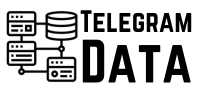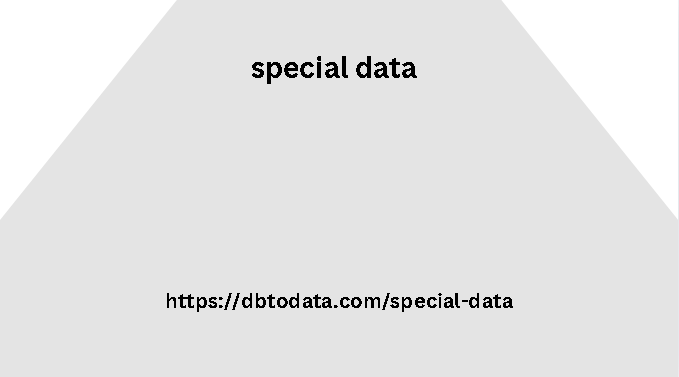Address your own fears and anxieties: Face the Animal. Identify and become aware of your fears to see how they negatively impact your life. My biggest fear is failure. Sometimes, I embrace this fear because it drives me to do more. Sometimes, your fears may not impact your life in obvious ways. To identify their impact, take a moment to reflect and try to identify parts of your life that are impacted by fear that you haven’t considered before.
A great example is my fear of failure
that drove me to constantly check my email during holidays, weekends, and weeknights to make sure I was ahead at work. As a result, the constant checking of email affected my relationships because other people in my life began to feel more important than work, which would throw my entire life off balance. Dig Deeper. It’s one thing to identify and be aware of your fears, but it’s also important to dig deep and understand the consequences of those fears.
I’ve found that self-talk is very helpful for this.
For me, I really didn’t mind failing in a relationship, a tennis match, or a cooking match – my fears were very specific to work. I would get scared overseas chinese in usa data and worry unnecessarily about situations at work that I might not even give a second thought to at home. When I first started talking, and then listening to myself talk, I began to understand how I was coping with my fears.
I found that I would shut myself off,
curl up on the couch, pretending and hoping whatever was causing the fear would just go away. Everyone reacts to fear differently, and sometimes it of course, there is no single get-rich-goods marketing model depends on the severity of the trigger. It’s important to understand how you react and how that affects your quality of life. Ask yourself “So what?” Name the fear. When you become aware of your fear and how you react to it, name it and try to bring some logic to it. Ask yourself “So what?
I’m afraid of failure, so I tend to neglect relationships
and focus on work. I could keep going down this rabbit hole, but so what? What if I fail? What’s the worst that could happen? If you start to name it, you’ll find that the fear you think it is is much worse than it actually is. When I act out many of the scenarios I rich data ake up, it usually comes down to “Well, I’ll be out of a job.” Honestly, if you continue down this path and keep asking yourself the “So what” question, it’s not that bad.

